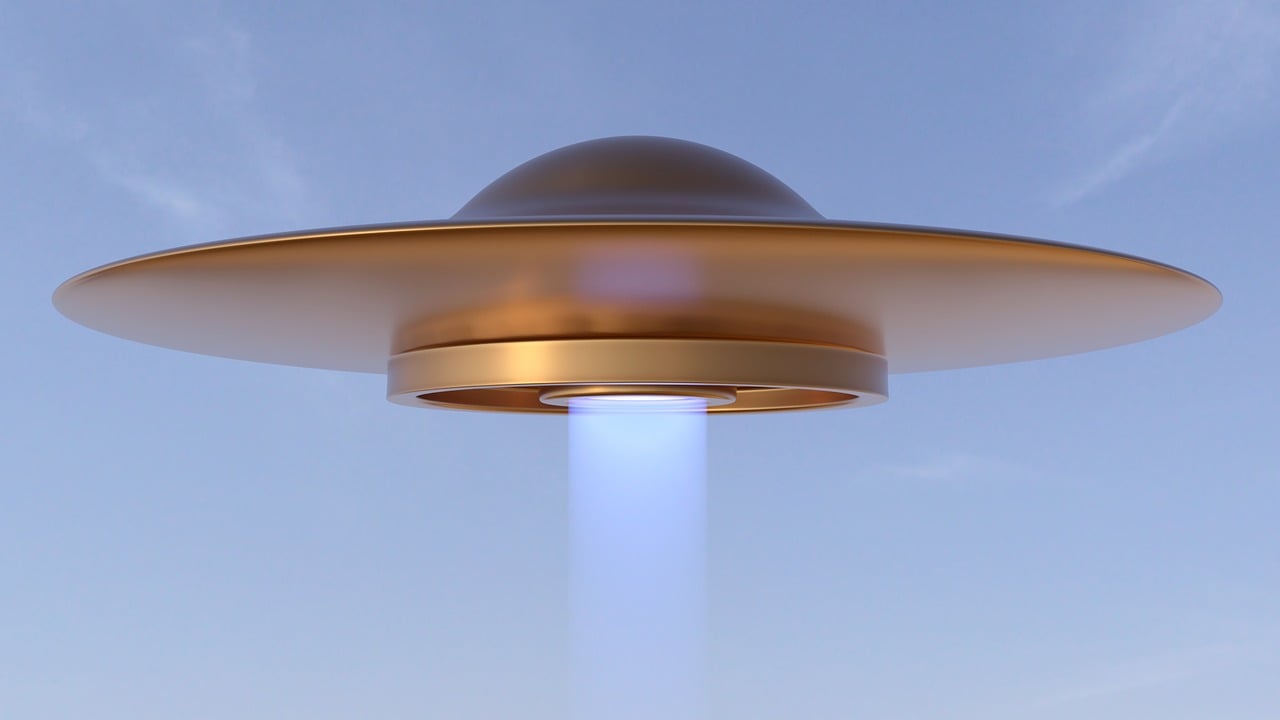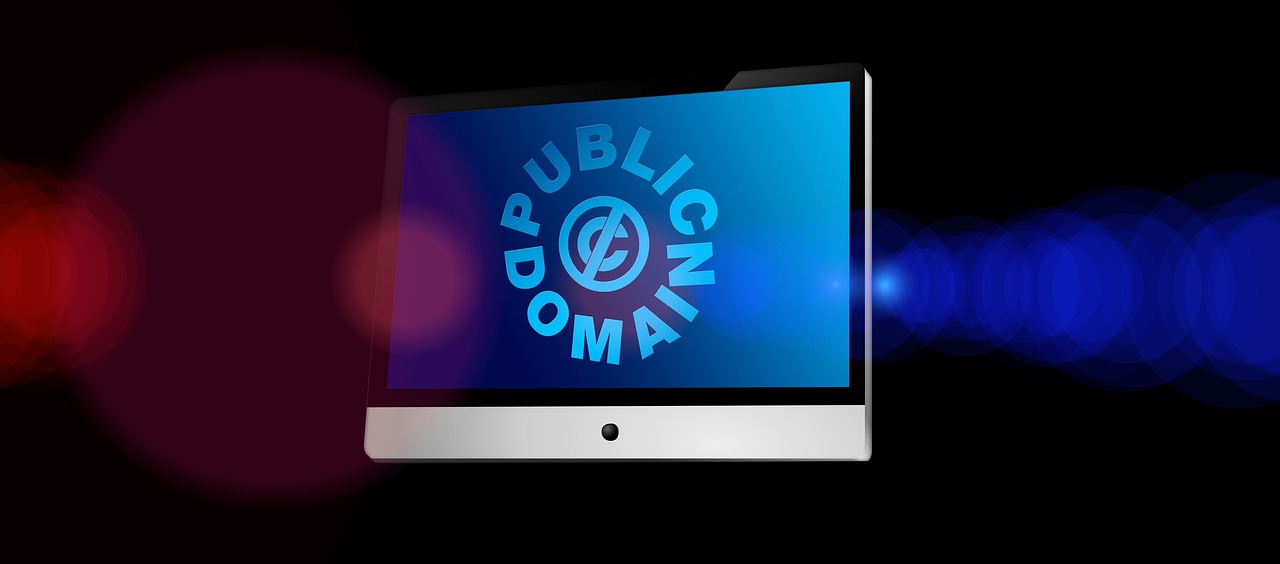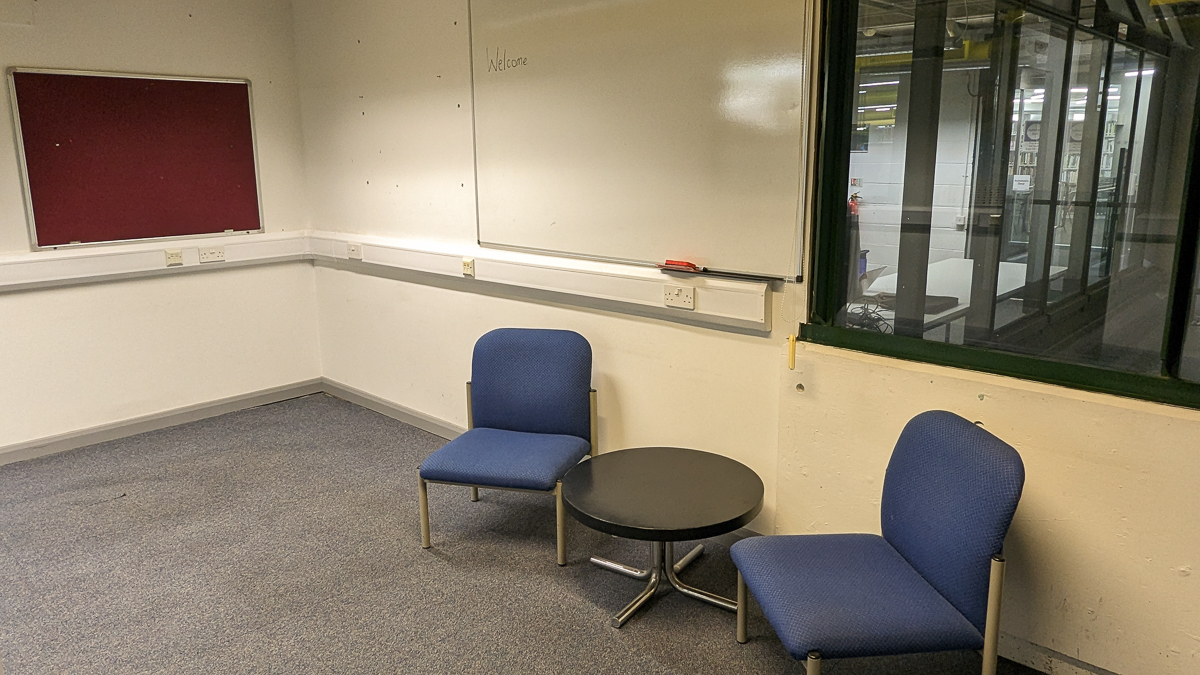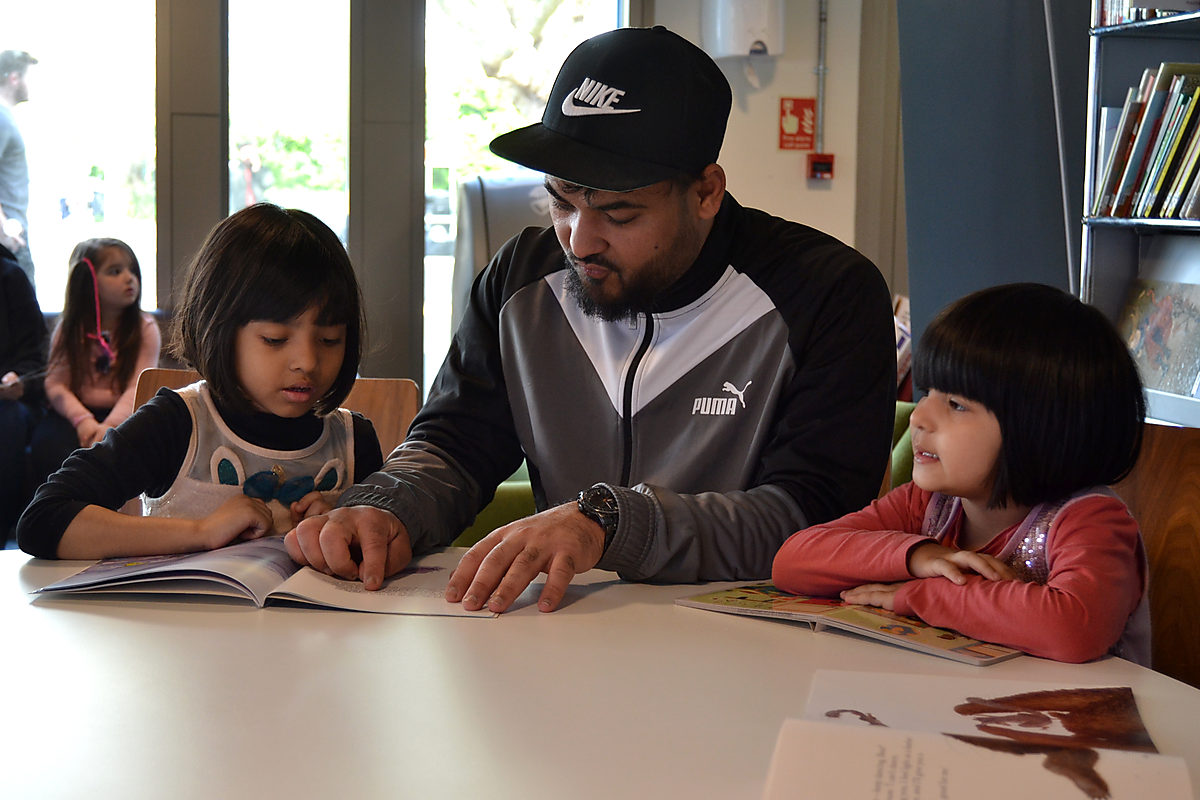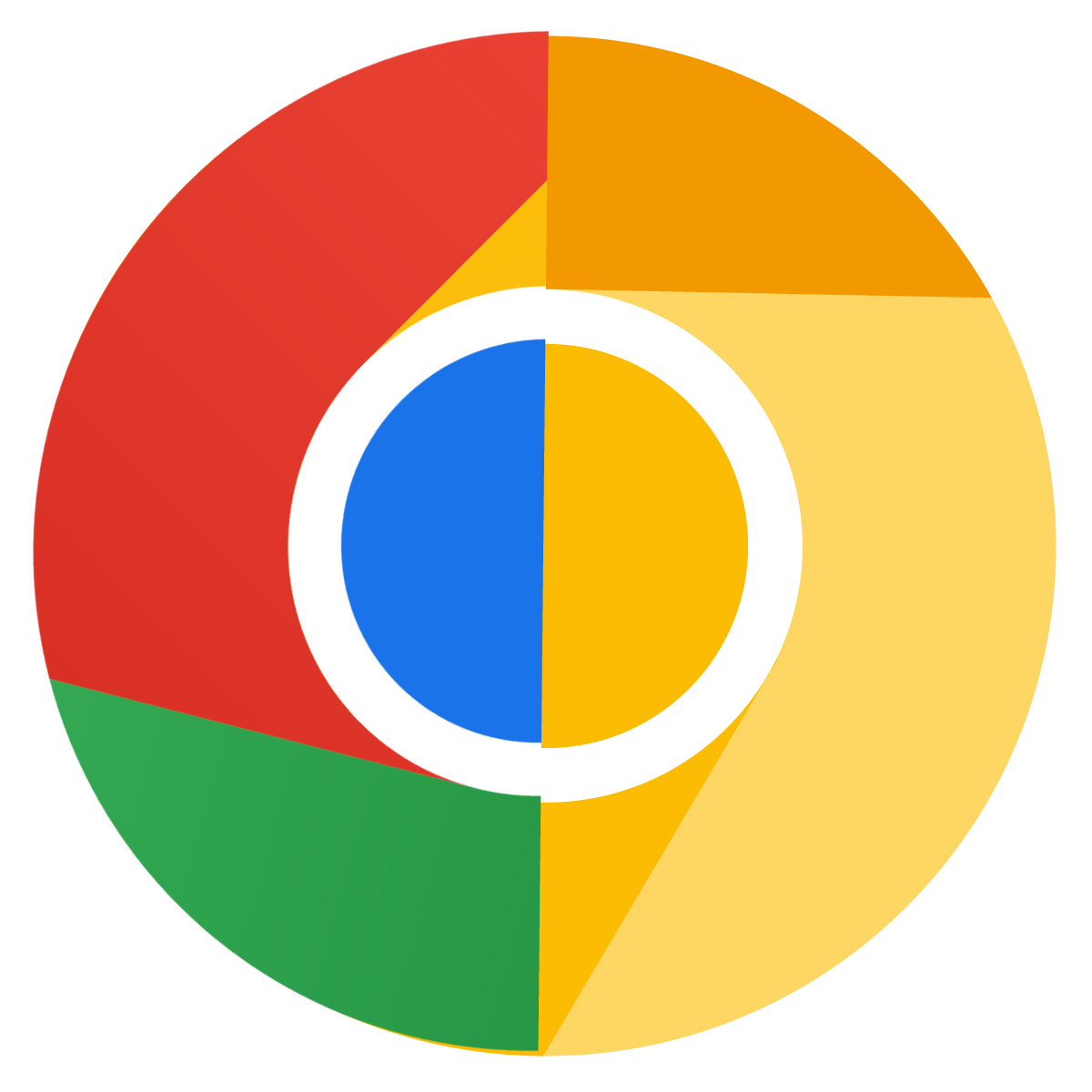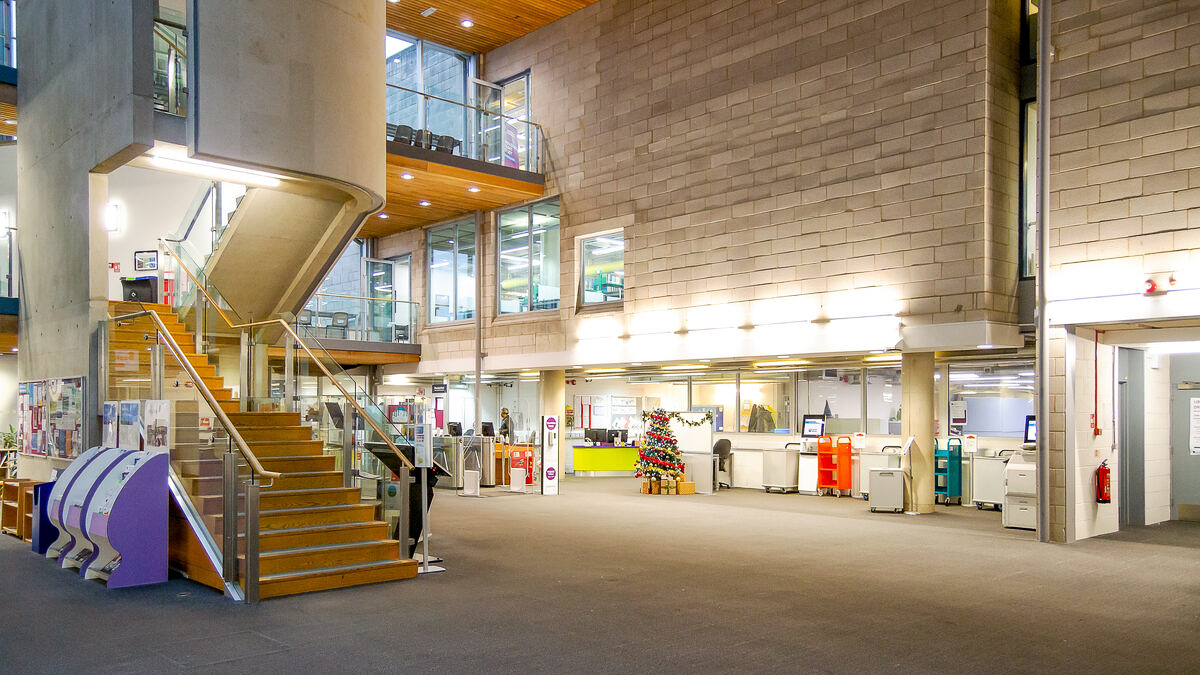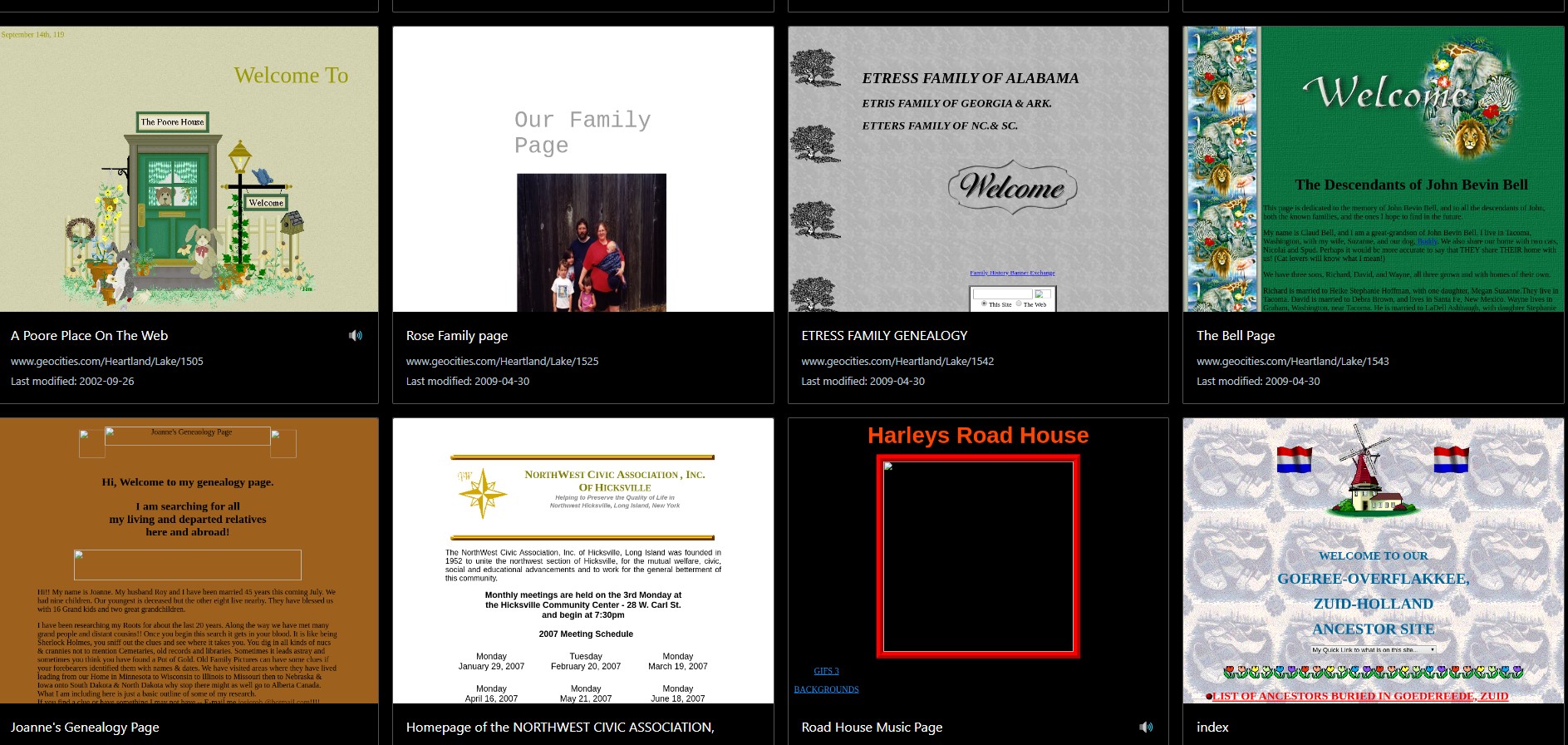Join me for a jaunt down memory lane back to the days when you were taking your first steps and I was already feeling old. I’ve found a website that recaptures the feel and content of the last vestiges of the early web, which made me reflect on how we got from there to where we are now. The journey turns out to tell the half-forgotten and twisted tale of the rise of the dangerous loner from the dark alleys of the early internet to political centre stage.
On the other hand, if all you want is to take a gander at early 2000s websites, I promise you will not be disappointed. One thing is for certain: you will never It’s clearly a labour of love and well worth a look. I promise you one thing: you will never feel badly again about the design of any website you create after seeing what people proudly put their names to 20 years ago!

